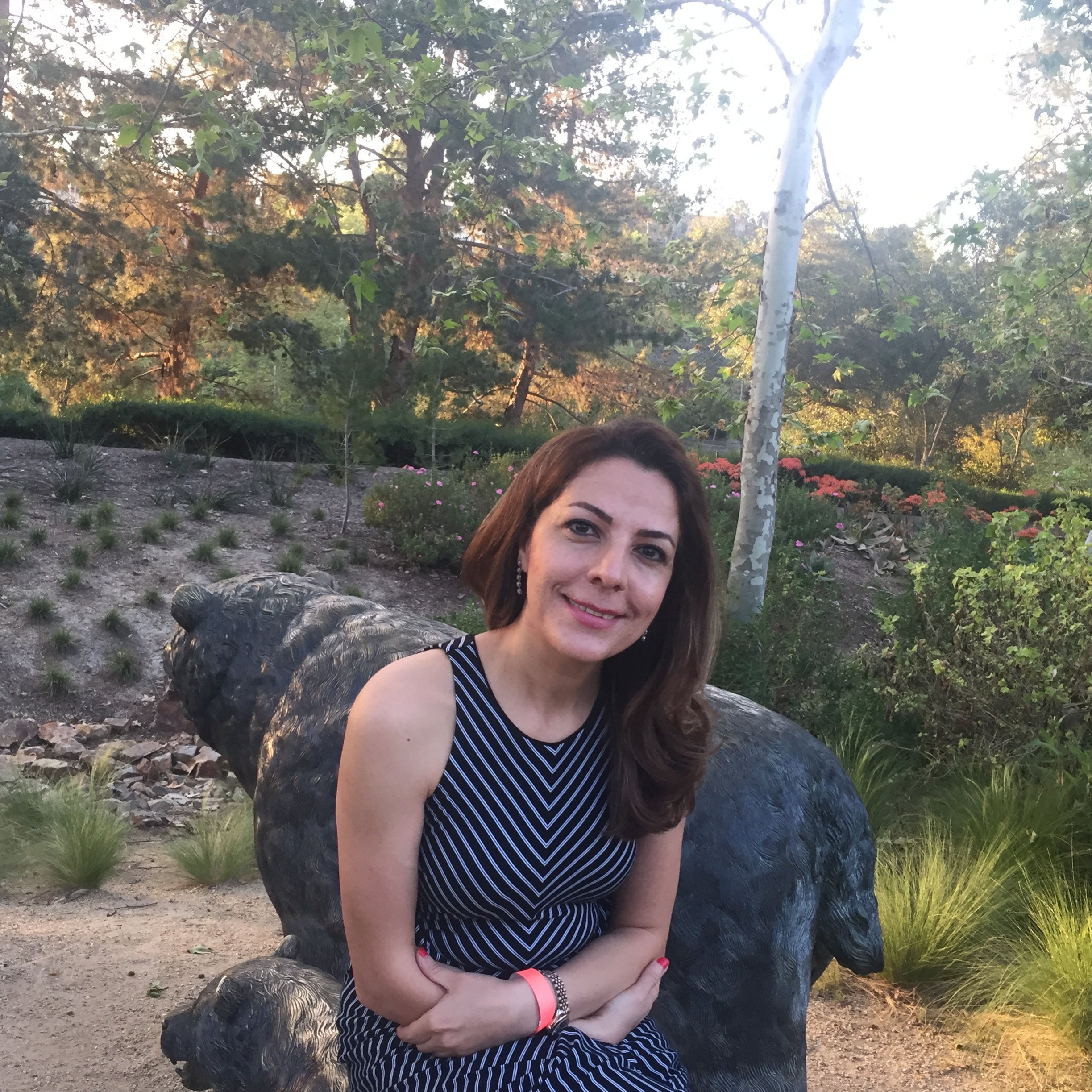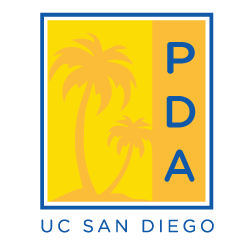
Zahra Khedri, Ph.D.
Associate Scientist, Process Development & Tech Transfer | Ajinomoto Althea

- Interview Overview
Interview Overview
Interviews and Editing by: Alexandra Bortnick
Interview: July 2017
Transition: November 2016
1. Please list your previous department at UC San Diego and provide a brief description of the research you conducted?
Cellular and Molecular Medicine. I studied the interactions of various bacteria, viruses and antibodies with sugars. My main focus was a class of sugars called sialic acids as they are the outermost sugars on all cells. I used different chemical and biological tools to investigate these interactions.
2. Please describe your current job profile?
As a scientist, I develop bioconjugation processes and do technology transfer from laboratory to manufacturing. I support client projects as I work for a contract manufacturing organization. I perform conjugation processes, purification, pre-formulation and analytics.
3. What made you decide to transition into your current position?
I had a few months of experience as an intern and two years of experience in biotech/pharm industry before starting my PhD. I always wanted to go back to industry but with more academic experience.
4. Apart from the research you conducted, do you feel like anything in particular has helped you acquire your current position?
Certainly my research work from my first postdoc (at a different institution) helped me a lot. Other than that, my current manager knows my PIs at both UC San Diego and UC Davis. They both gave me excellent recommendations. Connections are important.
5. Please list some of the most striking similarities and differences between your postdoc and current position?
I still do some research in chemistry although not that deep compared to academia. The difference is that we do not publish here, and the results must go toward products. There are deadlines and more meetings and management.
6. Is there any specific challenge (during the entire process of transitioning) that you would like to highlight and, if so, how did you overcome it?
The biggest challenge is that you cannot ask any type of question. You need to be very independent. Being able to communicate with people is more challenging in industry than academia as people work more in groups than individually. Multi-tasking can also be challenging, although we learned this skill in graduate school.
7. Please describe your goals and ambitions for the next 5 years?
I would like to learn more about the antibody drug conjugate (ADC) field and be at a higher position than what I am now and hopefully have my own group to lead.
8. What do you feel you could have done more, as a postdoc, to help prepare you for or acquire your current position?
I wish I had more time to be involved in some non-research activities such as social events to gain more communication skills and know more people.
9. What do you feel is the most important advice you can give to a current UCSD postdoc in order for them to obtain a position such as yours?
Research and publication are definitely good but not enough for industry. It is important to have good connections and be able to help the growth of the desired industry by applying your knowledge.
